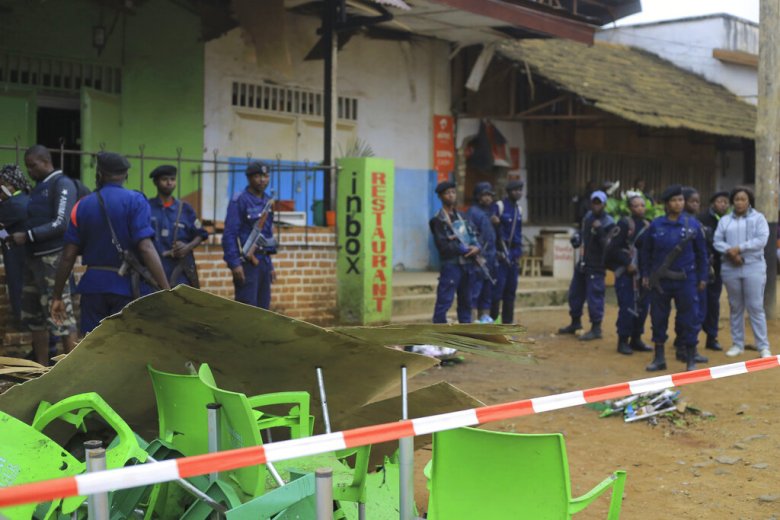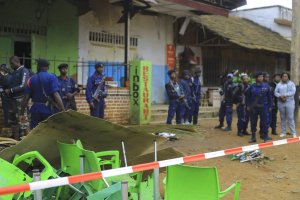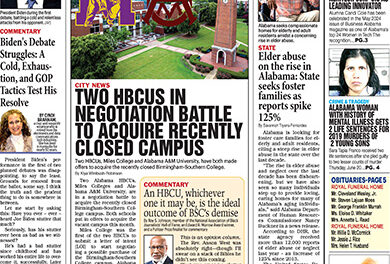
By Al-Hadji Kudra Maliro
The Associated Press
Authorities in eastern Congo announced an evening curfew and new security checkpoints Dec. 26, fearing more violence after a suicide bomber killed five people in the first attack of its kind in the region.
Beni Mayor Narcisse Muteba, a police colonel, warned hotels, churches and bars in the town of Beni that they needed to add security guards with metal detectors because “terrorists” could strike again.
“We are asking people to be vigilant and to avoid public places during this festive period,” Muteba told The Associated Press on Dec. 26.
Brig. Gen. Constant Ndima, the military governor of North Kivu province, said there will be a 7 p.m. curfew, as well as more road checkpoints.
Officials initially said the death toll was six plus the suicide bomber, but they revised that figure a day later to five victims. Thirteen others remained hospitalized after the blast at the entrance to the Inbox restaurant on Christmas Day.
The Dec. 25 bloodshed dramatically deepened fears that Islamic extremism has taken hold in Beni. The town already has suffered years of attacks by rebels from the Allied Democratic Forces, or ADF, who trace their origins to neighboring Uganda.
Officials have blamed the latest attack on those rebels, whose exact links to international extremist groups have been murky. The Islamic State’s Central Africa Province has claimed responsibility for attacks blamed on ADF, but it is unknown what role exactly the larger organization may have played in organizing and financing the attacks.
There have been worrying signs that religious extremism was escalating around Beni: Two local imams were killed earlier this year within weeks of each other, one of whom had spoken out against the ADF.
Then in June, the Islamic State group’s Central Africa Province claimed responsibility for a suicide bomber who blew himself up near a bar in Beni without harming others. Another explosion that same day at a Catholic church wounded two people.
There was no immediate claim of responsibility for the Christmas Day attack, in which authorities say the bomber ultimately was stopped from entering the crowded restaurant. After the blast near the entrance, blood stained the pavement and mangled chairs lay strewn near the entrance.
Rachel Magali, who had been at the restaurant with her sister-in-law and several others, described hearing a loud noise and then people starting to cry.
“We rushed to the exit where I saw people lying down,” she told the AP. “There were green plastic chairs scattered everywhere and I also saw heads and arms no longer attached. It was really horrible.”
___
Associated Press writer Krista Larson in Dakar, Senegal contributed.
Help us Continue to tell OUR Story and join the AFRO family as a member – subscribers are now members! Join here!
The post After Christmas Day suicide bombing, Congo officials fear more attacks appeared first on AFRO American Newspapers .











